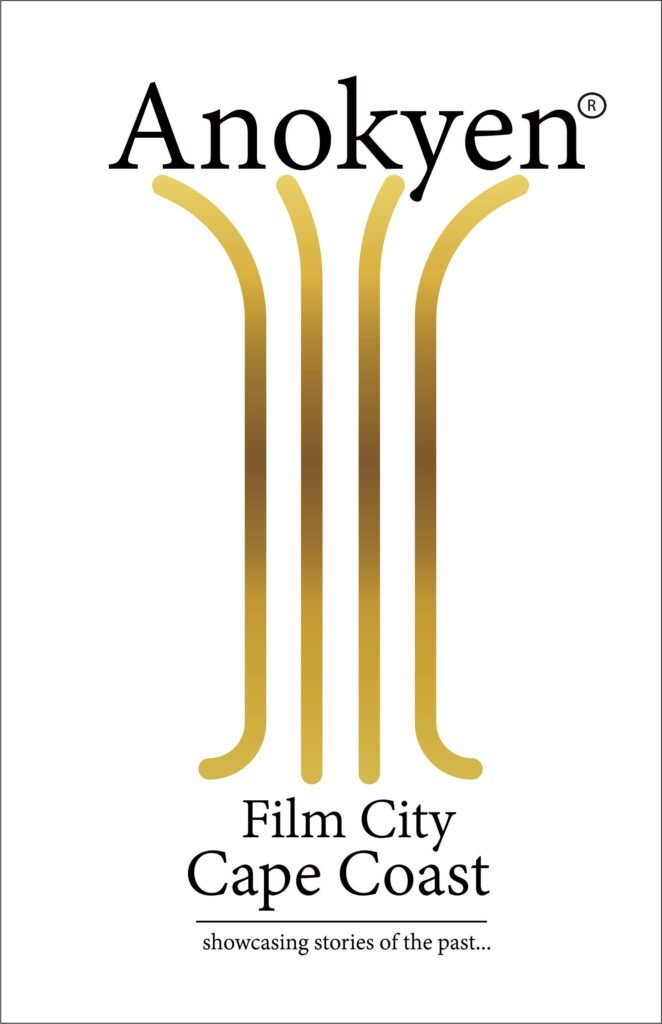
About Cape Coast
Early History
Pre-Colonial Period: Before the arrival of Europeans, the area now known as Cape Coast was part of the Fante Confederacy, a group of Akan states in the central and southern regions of present-day Ghana. The indigenous Fante people engaged in trade with neighboring African kingdoms and communities, particularly in gold, ivory, and other goods.
European Arrival and the Slave Trade
Portuguese Arrival (15th Century): The Portuguese were the first Europeans to arrive in the area in the late 15th century. They built a trading post but did not establish a significant presence..
Swedish Period (1653-1663):
In the mid-17th century, the Swedes established a fort at Cape Coast, known as Fort Carolusborg. This marked the beginning of European colonial interest in the area.
Danish and Dutch Presence:
The Danes and Dutch also had a brief presence in the area, competing for control over the lucrative trade, particularly in gold and enslaved people.
British Period (1664-1957):
In 1664, the British captured Fort Carolusborg from the Swedes and renamed it Cape Coast Castle. The British significantly expanded the fort and used it as a major center for the transatlantic slave trade. Enslaved Africans were held in dungeons at the castle before being shipped to the Americas. Cape Coast Castle became one of the most important hubs of the British slave trade in West Africa.
Colonial and Post-Colonial History
Colonial Administration: Cape Coast served as the capital of the British Gold Coast colony until 1877, when the capital was moved to Accra. During the colonial period, Cape Coast was a center of education and political activity. The city was home to some of the earliest schools in West Africa, including Mfantsipim School and Wesley Girls' High School, which produced many of Ghana's political leaders.
Resistance and Independence:
Cape Coast was a hotbed of anti-colonial activism. Many of the leading figures in Ghana’s independence movement, including Kwame Nkrumah, were educated in the city. Nkrumah, who later became Ghana's first president, studied at the nearby Achimota School and later led the country to independence in 1957.
Modern Cape Coast
Cultural Heritage: Today, Cape Coast is known for its historical significance and cultural heritage. The Cape Coast Castle is a UNESCO World Heritage site and serves as a museum and memorial to the victims of the transatlantic slave trade. The city is also a center for tourism, with visitors coming to explore its historical sites, beaches, and vibrant cultural scene.
Oguaa Fetu Afahye Festival:
Cape Coast is also famous for the Oguaa Fetu Afahye, an annual festival celebrated by the Fante people. The festival is a time of thanksgiving, honoring the gods for a good harvest and protection. It includes colorful processions, drumming, dancing, and other traditional ceremonies.
Educational Hub:
The city remains an important educational center in Ghana. The University of Cape Coast, established in 1962, is one of the country's leading universities and contributes to the city's status as a center of learning.


